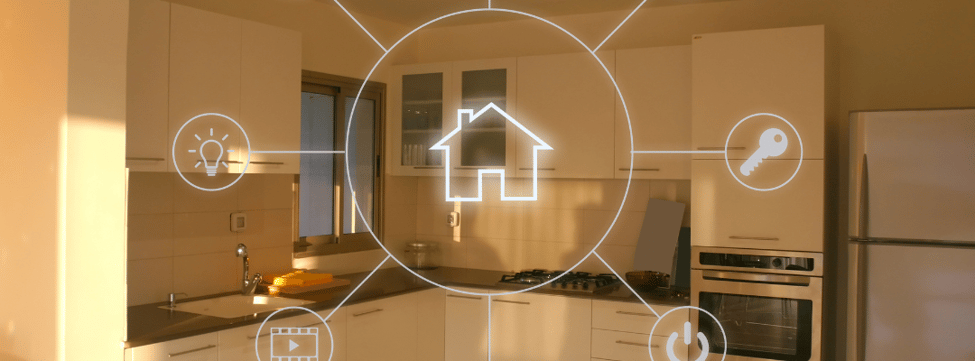In today's rapidly evolving world, technology is not just changing how we live, but also how we buy and sell homes. As the real estate landscape continues to shift, one trend stands out among the rest: the rise of smart home technology. From intelligent thermostats to connected security systems, smart homes are not just the future; they are the present. In this blog post, we'll explore how smart home technology is reshaping the real estate industry and what it means for buyers, sellers, and realtors alike.
The Impact of Smart Home Technology on Real Estate: Gone are the days when a spacious kitchen or a backyard oasis were the only features driving home sales. Today, homebuyers are increasingly seeking properties equipped with smart home technology. These innovative devices not only add convenience to everyday life but also enhance security, energy efficiency, and overall comfort.
Smart home technology encompasses a wide range of devices, including smart thermostats, lighting systems, door locks, security cameras, and voice-activated assistants like Amazon Alexa or Google Assistant. These devices can be controlled remotely via smartphones or voice commands, allowing homeowners to monitor and manage their homes from anywhere in the world.
For buyers, the appeal of a smart home goes beyond the novelty factor. Studies have shown that properties equipped with smart technology tend to sell faster and at a higher price point than their traditional counterparts. This is because smart home features not only increase the property's marketability but also its perceived value. Homebuyers are willing to pay a premium for the convenience, security, and energy savings that smart technology offers.
How Realtors Can Leverage Smart Home Technology: For real estate agents, embracing smart home technology is not just a trend; it's a strategic imperative. By staying informed about the latest smart home devices and trends, realtors can better serve their clients and gain a competitive edge in the market.
One way realtors can leverage smart home technology is by educating their clients about its benefits. Many homeowners may be unaware of the value that smart technology can add to their properties. By highlighting the potential for increased security, energy savings, and convenience, realtors can help sellers attract more buyers and command higher prices for their homes.
Realtors can also incorporate smart home technology into their marketing efforts. From highlighting smart features in property listings to hosting smart home-themed open houses, there are numerous ways real estate agents can showcase the benefits of smart technology to potential buyers.
In conclusion, smart home technology is transforming the real estate industry in profound ways. From enhancing property values to streamlining the buying and selling process, the impact of smart technology cannot be overstated. As the demand for smart homes continues to grow, realtors must adapt to this new reality and embrace the opportunities it presents. By staying informed, educating their clients, and leveraging smart technology in their marketing efforts, real estate agents can thrive in this exciting new era of real estate.

